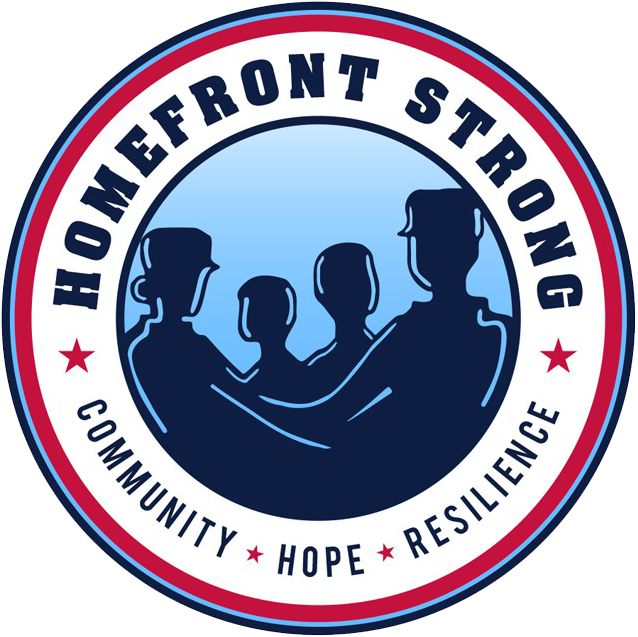Kevin Lambert and Sally
Kevin Lambert thinks veteran-to-veteran support is integral, but he’s not going to disregard the good civilians have done.
“My work with veterans is more peer-based, individual therapy,” he said. Yet, “I used to say I’d never see a civilian therapist, but I’ve changed my mind. You never know who that veteran is going to connect with.”
Helping people find those connections is a big part of Lambert’s work. He’s a Program Development Administrator with NEADS, an organization that trains and places service dogs. He’s also worked at the state level, as the Director of Special Populations Programs and Services for the MA Department of Veterans’ Services. And he’s a veteran. He served with the 172nd Stryker Brigade Combat Team out of Fairbanks, Alaska, and spent 16 months in Iraq from August 2005-December 2006.
Lambert is one of eight panel members at the Sept. 25 Healing Moral Injury: Pathways to Peace workshop at Assumption College in Worcester. The workshop, hosted by The Brookfield Institute, aims to help therapists and clergy who work with people suffering from moral injury. Registration is $50; free for veterans and students. An application for social work continuing education credits has been submitted.. Register for the Healing Moral Injury workshop here.
Moral injury is often defined as an injury to a person’s conscience. It can result from an act that produces guilt or shame and often comes with feelings of betrayal and anger.
The workshop and its panelists will focus on helping people learn about and understand moral injury and why it can be so debilitating. It will also focus on the causes of moral injury as well as the ways to heal from it. The primary purpose of the workshop is to begin to grow a network of therapists and clergy who are able to help people heal from moral injury and to support the VA and Vet Center therapists as they work with veterans.
Lambert has personal experience with moral injury and has worked for years to recover from it. When you come back from war, he says, “You weren’t the person you were before. I was a 19-year-old running amok; you didn’t think. You have to do it. So you’re that person over there, but you’re not that person back home.”
He says his fellow warriors would make jokes while overseas, because “there’s not a way to cope with it so you laugh about it.” But coming home and realizing you have to live in a “civilized world” is an awakening. “You saw kids die and now you’re with your kids.”
Lambert worked extensively with Battlemind, a program pioneered by the U.S. Army Medical Command and developed at the Walter Reed Army Institute of Research. Nowadays, ever soldier headed to Iraq or Afghanistan receives Battlemind training, but when Lambert was in active duty it was new. Battlemind uses a series of training modules that were developed, in part, by people who had served overseas.
Battlemind is defined as the soldier’s inner strength to face fear and adversity in combat with courage. The skills you need in war are not the same set of skills that you’ll necessarily need when you return home and transitioning those skills can be difficult. Battlemind sessions can help veterans — whether they’ve seen combat or not — learn to handle situations in daily life while understanding the underlying emotions.
There’s a pre-deployment Battlemind that tells soldiers what to expect, something researchers found wasn’t being passed along. They’re told what they’re likely to see, hear, think and feel — by describing worst-case scenarios.
Post-deployment Battlemind focuses on safety, relationships and normalizing behaviors, but also teaches soldiers when they should seek mental health support for themselves or their buddies.
Through his work with NEADS, Lambert helps provide Assistance Dogs to ministers, teachers, therapists, victim advocates at courts, police officers and other professionals who serve clients who can benefit from the presence and task work of our Assistance Dogs. Sally, Lambert’s dog, works with him when he’s interviewing veterans who apply to the program. She also attends presentations and trainings Lambert gives.
Learn more about the Brookfield Institute’s Healing Moral Injury at the Sept 25 workshop at Assumption College in Worcester here.
Thank you to John Hancock, Clear Path for Veterans NE and Eastern Bank for sponsoring this workshop.




